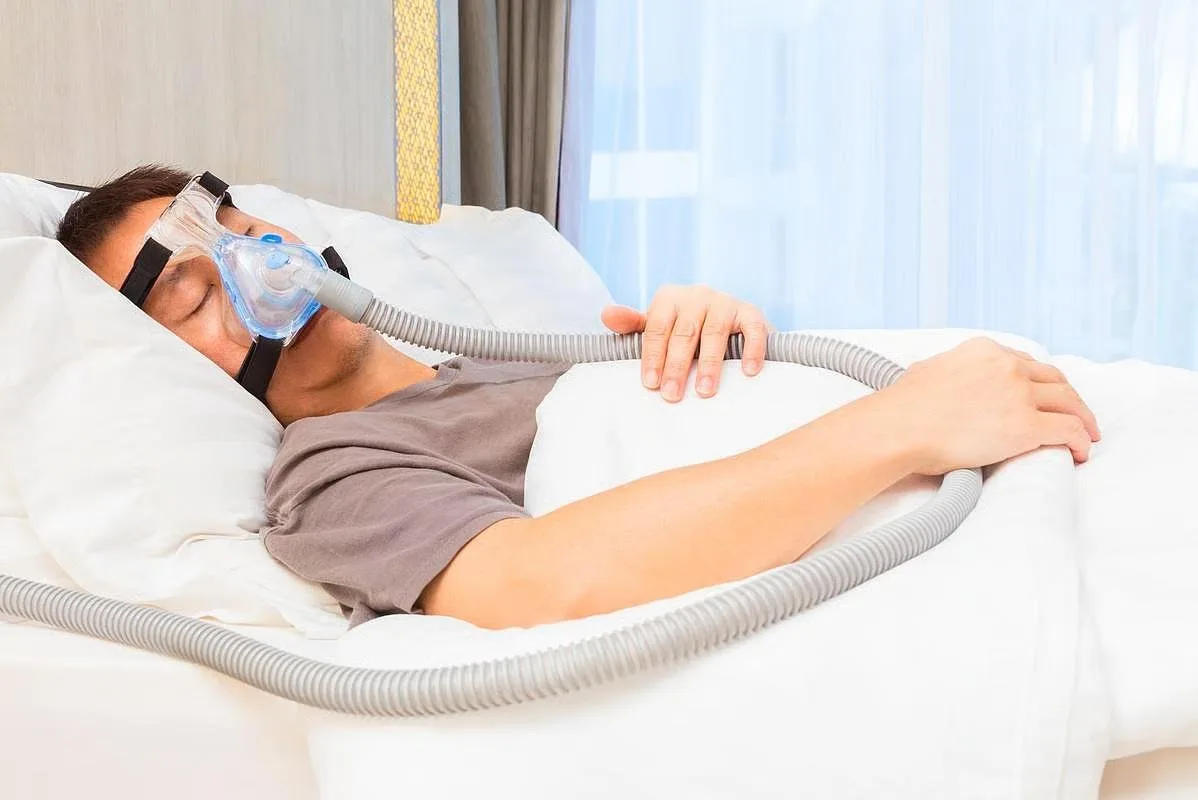CPAP Machines and Potential Heart Risks: New Study Insights
Recent research is raising concerns about the potential cardiovascular risks associated with CPAP (Continuous Positive Airway Pressure) machines, commonly used to treat sleep apnea. The findings suggest a possible link between CPAP usage and an increased risk of heart attack, stroke, and other heart-related conditions. This information is crucial for individuals currently using CPAP therapy and their healthcare providers.
Understanding Sleep Apnea and CPAP Therapy
Sleep apnea is a common disorder characterized by pauses in breathing during sleep. CPAP machines deliver a constant stream of air to keep airways open, preventing these interruptions. While CPAP therapy is effective in managing sleep apnea symptoms and improving sleep quality, this new research warrants a closer look at potential side effects.
The Study’s Findings: A Closer Look
The study indicates that some patients using CPAP machines may experience an elevated risk of cardiovascular events. This doesn’t mean CPAP therapy is inherently dangerous, but rather highlights the need for further investigation into potential mechanisms and risk factors.
- Increased risk of heart attack
- Potential for stroke
- Other heart-related health concerns
Important Considerations for CPAP Users
If you are currently using a CPAP machine, it’s essential to:
- Consult with your doctor: Discuss the study’s findings and any concerns you may have.
- Monitor your health: Pay attention to any new or worsening symptoms, especially those related to your heart.
- Maintain a healthy lifestyle: Focus on diet, exercise, and stress management to support overall cardiovascular health.
Moving Forward: Further Research Needed
This study underscores the importance of ongoing research into the long-term effects of CPAP therapy. Future studies should aim to identify specific risk factors, explore alternative treatment options, and optimize CPAP settings to minimize potential cardiovascular risks.
Final Words
While the research findings may be concerning, it’s crucial to maintain perspective. CPAP therapy remains an effective treatment for sleep apnea, and the benefits often outweigh the potential risks. However, staying informed, consulting with your healthcare provider, and prioritizing overall health are essential steps for CPAP users.




+ There are no comments
Add yours